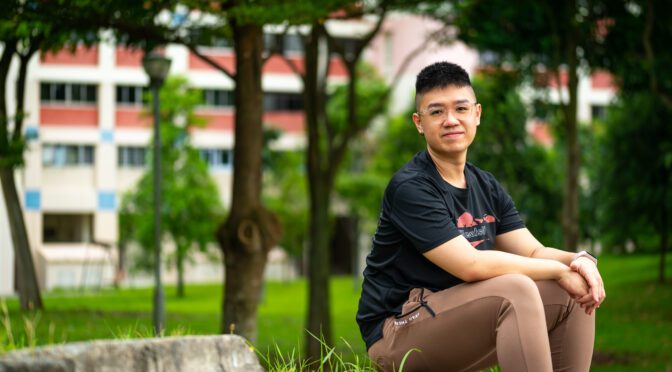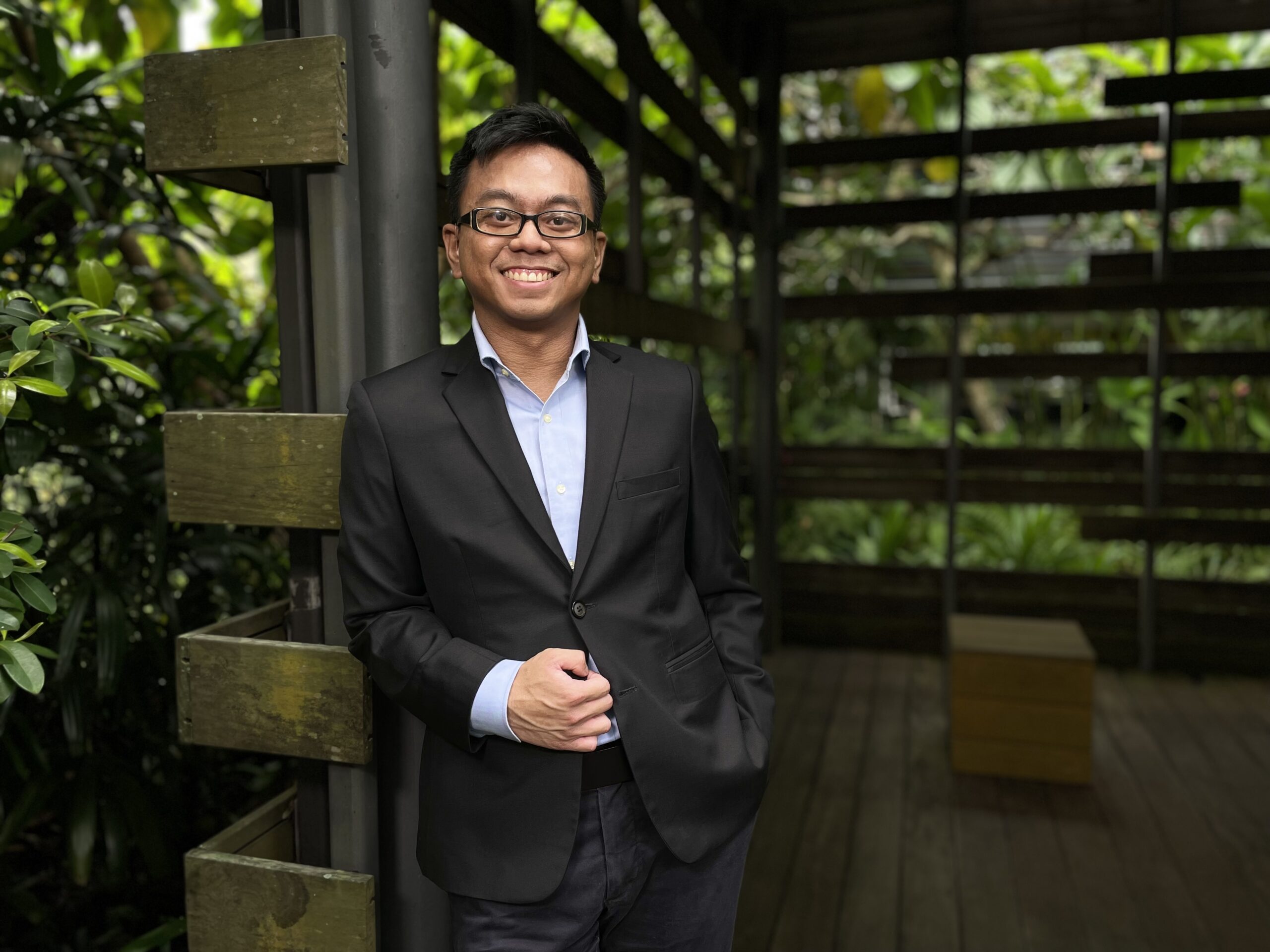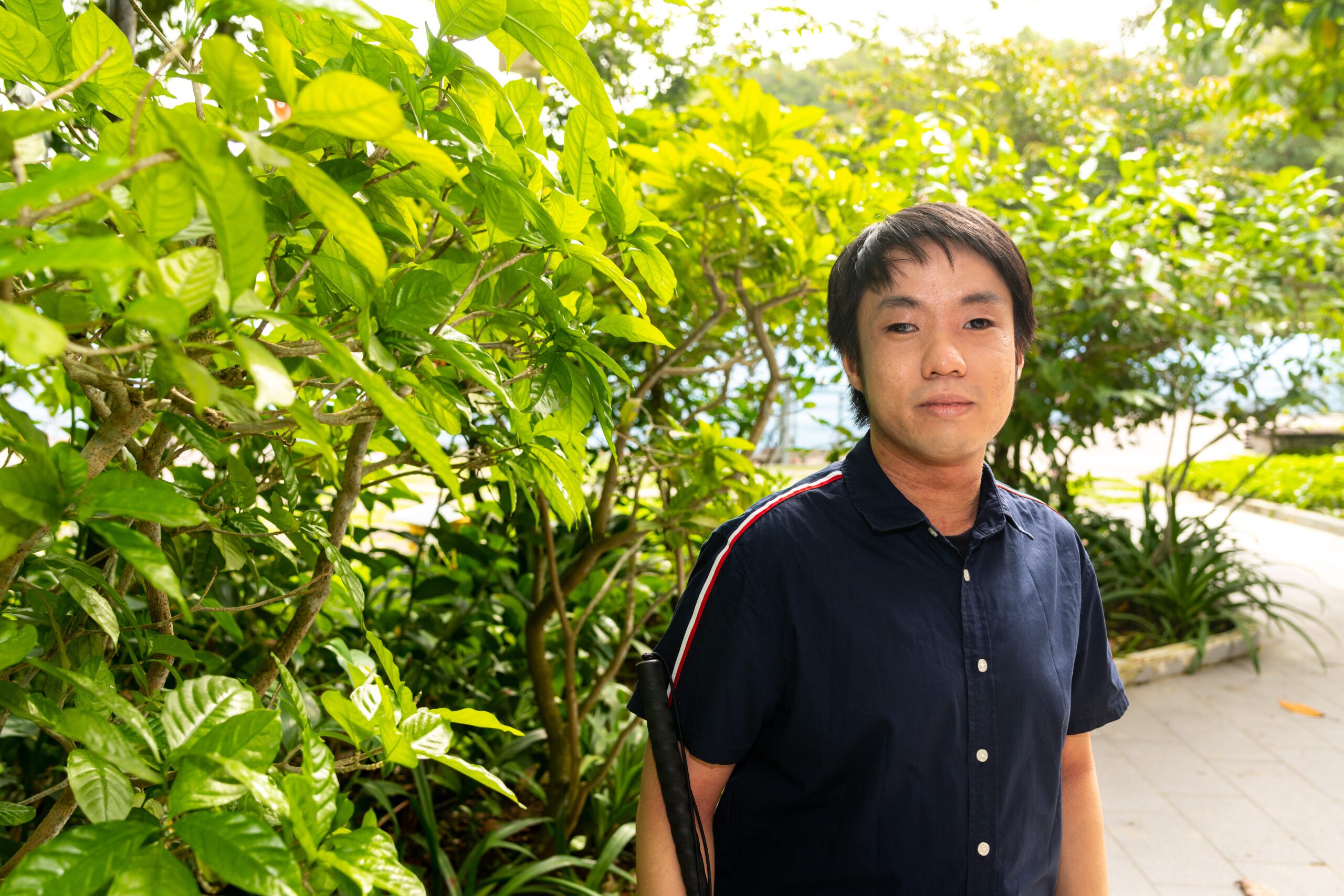‘Dwelling in my own darkness’
Weeks of sustaining on a salubrious diet of unseasoned porridge, steamed fish and soup sapped all the joy out of Wenjing’s life. ‘On one hand I knew the importance of healthy, clean eating; on the other, the thought of yet again eating the same thing, day in and day out, was demoralising.’ After a while, she decided that she no longer wanted to stick to this diet, and guiltlessly indulged in chicken chop, nasi lemak and the like. ‘Surprisingly, I had no adverse reactions. I think in general, when you are happy, you feel strong as well. You develop a more optimistic outlook, which is really important for someone who is fighting cancer.’
Besides the chemotherapy sessions, Wenjing also attended counselling. ‘Within fifteen minutes of the first session, I was already crying uncontrollably. It was the first time since my diagnosis that I had to really deal with my inner feelings, instead of suppressing them. My counsellor walked me through the stages of grief — denial, anger, bargaining and depression — and how to deal with the negative emotions when they arise to reach the final stage of acceptance. She taught me different coping techniques, such as being mindful and to be grateful: grateful that I was still alive; grateful that I had people who loved me.’
The affirmations did not work at all. ‘It is easier said than done,’ Wenjing says laughingly. ‘At the time, I felt very frustrated: frustrated that my body had betrayed me, frustrated that I had no control over anything.’ It was also a bout of wounded pride: before her cancer diagnosis, Wenjing lived the enviable life of a globetrotter, her work taking her to Europe, the United States and even far-flung countries such as Saudi Arabia, with hotels and room services all fully paid for. Her life was like a musical score replete with crescendos that built to no chorus, her fifteen plus years of hard work and achievements seemingly coming to naught.
This ‘inescapable’ sinkhole of frustration only sought to swallow her whole. It wormed itself into every aspect of Wenjing’s life. During the chemotherapy sessions, she was not one of those patients who were friendly or who inspired others with a cheerful disposition. Her temperament was saturnine. ‘I was grouchy and had a sense of self-entitlement, as if the whole world was responsible for my plight. I was not very nice to the nurses.’
Once, without any trigger or incident, Wenjing was hit by a sudden tidal wave of sadness, and buckling under it she fell to her knees. ‘I was inconsolable for many hours. I even hid under the table like a scared child. My parents did not understand what was happening and did not know how to help me. They did not see a broken, flawed woman: in their eyes, I was still the perfect daughter.’ The day after, Wenjing explained to her parents that her crying was a form of catharsis, a way of releasing all the pain she was feeling.


